My greatest challenges in life?
My challenges in life stem from growing up mixed-race in a predominantly white community in Connecticut. Starting in childhood, I struggled with self-identity, self-acceptance, and belonging, which eroded my self-esteem, self-worth, and confidence by the time I was a teen. As a result, I also suffered from undiagnosed anxiety and depression. As I approached my forties, I realized that for my life to change, I had to change. And for this to happen, I had to strengthen my mindset and sense of self. I knew that real change started with changing any negative thoughts I had about myself, how I fit into this world, and what I had to offer to this world. However, even with all the work I did, an incident at 49 years old triggered my childhood trauma and personal struggles, resulting in a mental health crisis that nearly took my life.
Describe my situation:
One morning, three years ago, I woke up a different woman, and this woman wanted to kill herself. I planned to drive my Jeep over a cliff in San Diego and plunge into the Pacific Ocean. I knew it was possible because someone else had done it months earlier with their children in the back seat.
What would drive me to these thoughts? One might blame the depression I experienced after losing my job two weeks before Christmas. Others would blame the ten emotional triggers I experienced afterward. These triggers stemmed from a lifetime of feeling unheard, misunderstood, and unloved, and especially feeling like I did not matter.
I was born in Angeles City, Philippines, during the Vietnam War. My mother was a Filipino maid, and my father was an American Airman. We moved to Connecticut in the seventies when the Vietnam War ended. I knew from a young age that I did not belong here. And I learned this from witnessing my mother constantly complaining about her co-workers calling her “a stupid chink, Jap, and gook.” This anger brought fear and paranoia into our home and into my head, where a new war began. Feeling unwanted was reinforced by hearing neighbors yell about my brothers, “Get those monkeys outta my yard!” We were just kids who wanted to play outside and be like all the other kids.
But it was hard to be like all the other kids when you looked so different. It was as if we fell into a cultural gap. There are five main race categories in the United States census, and there was not one box that captured how I felt – mestiza, meaning mixed-race or half and half, as the Filipinos call it. When you do not feel like you fit in with the people or in the place where you live, you can struggle with self-identity, self-acceptance, and belonging. These feelings eventually created a mindset of unworthiness and “not enough. I did not feel white enough, Asian enough, skinny enough, pretty enough, rich enough, or cool enough. This mindset infected every aspect of my life and destroyed all sense of self. Lacking self-esteem, self-worth, and confidence, I constantly sought approval from my parents and peers. As an adult, I sought validation from my boyfriends and bosses. As a result, I feared failure, success, and even commitment. I let people take advantage of me, take me for granted, or manipulate me into settling for less.
By 40, I desperately wanted to change my life. I chose to start over by moving to San Diego to find love, follow my passions, find my purpose, and fulfill my dreams. Just when I thought I could blend in, again, I faced feelings of not being Filipino enough or white enough. Everyone thought I was Hawaiian! This struggle inspired me to discover the meaning of aloha, the Hawaiian philosophy of treating yourself and others with love, kindness, compassion, peace, mercy, and affection to create peace and harmony in your life. A DNA test also revealed I was part Hawaiian! Once I began living aloha, I made new friends, found a new job, got married, and overcame my struggles as a wife and stepmom in my new blended family.
Everything in my life improved until four years later when I lost my job at a senior living community. Despite my testimony, excellent employee record, accolades, and achievements, the management accused me of verbally abusing a resident and fired me. Losing my job over this false accusation destroyed me.
After seven months of sleep loss and several emotional triggers later, I woke up wanting to end my life because I did not feel heard, understood, or enough to matter to anyone. It was nine hours of pure torture and turmoil, but I eventually got through it by calling the crisis hotline and walking into a mental health facility.
I have spent three years regaining my mental fortitude and forgiving myself for the shame and guilt I felt about that day. Now, I am in trauma therapy and sharing my story to inspire others to overcome their struggles and to help them feel less alone.
Unless we share our struggles, we cannot normalize the conversation about mental health. And until we do, we cannot empower each other to survive and thrive. I have chosen to speak for those who have lost their voice, cannot find their voice, or do not know how to use their voice to stand up for themselves. We all deserve to be heard, understood, and loved. We are all enough. We all matter. And we should all be remembered now, not just when we are gone.
What are you most proud of?
I am most proud of myself for not giving up, having the courage to tell my story, and creating “The 6-3-1 Approach to Transformation,” a new life approach designed to help you transform your circumstances and change your life. When you feel like you don’t fit into this world, I believe you can create a world where you do!
What brings you joy?
I love sharing my struggles, experiences, and wisdom to inspire people of all ages and backgrounds to cultivate aloha, celebrate inclusivity, and eradicate the stigma of mental health.




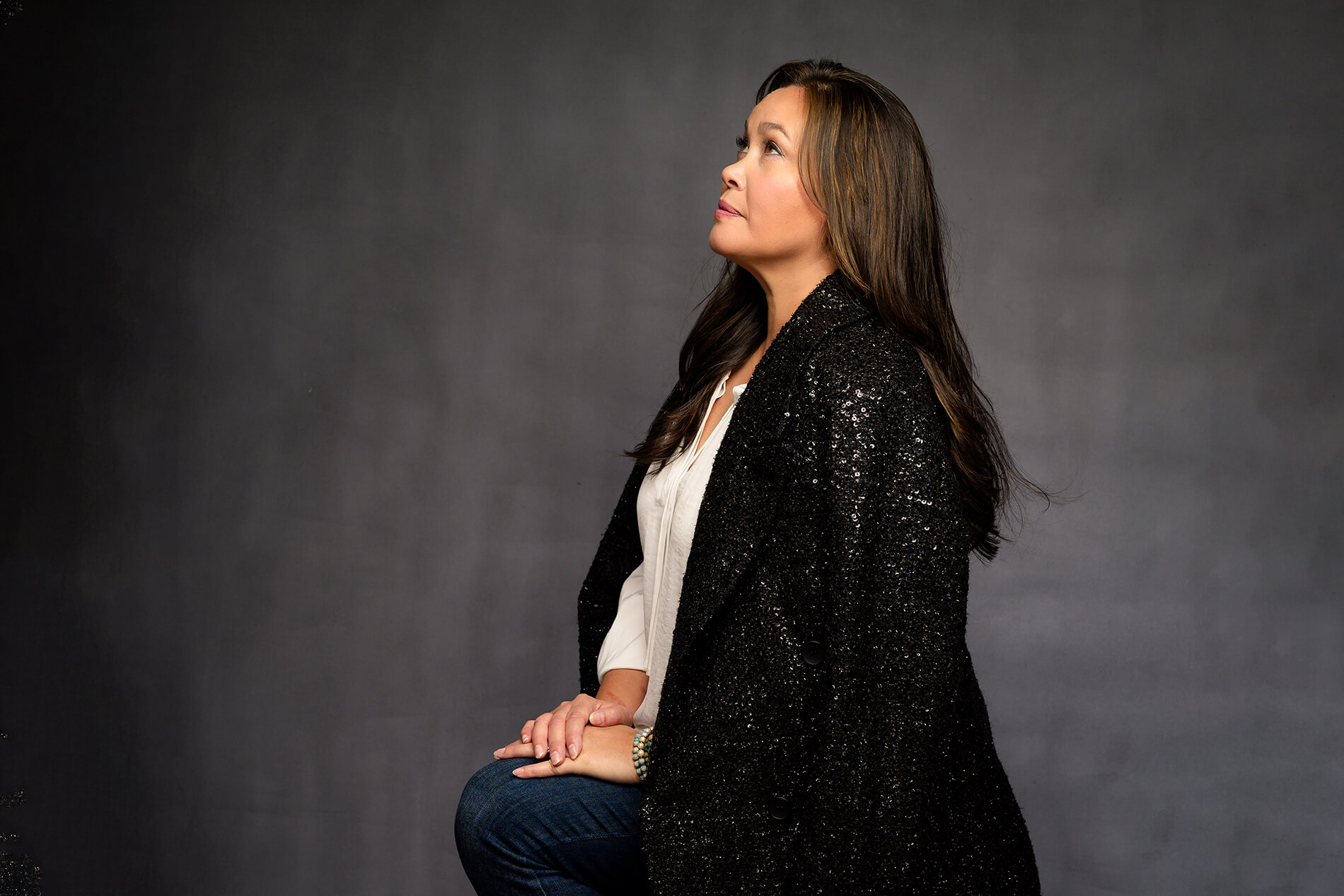
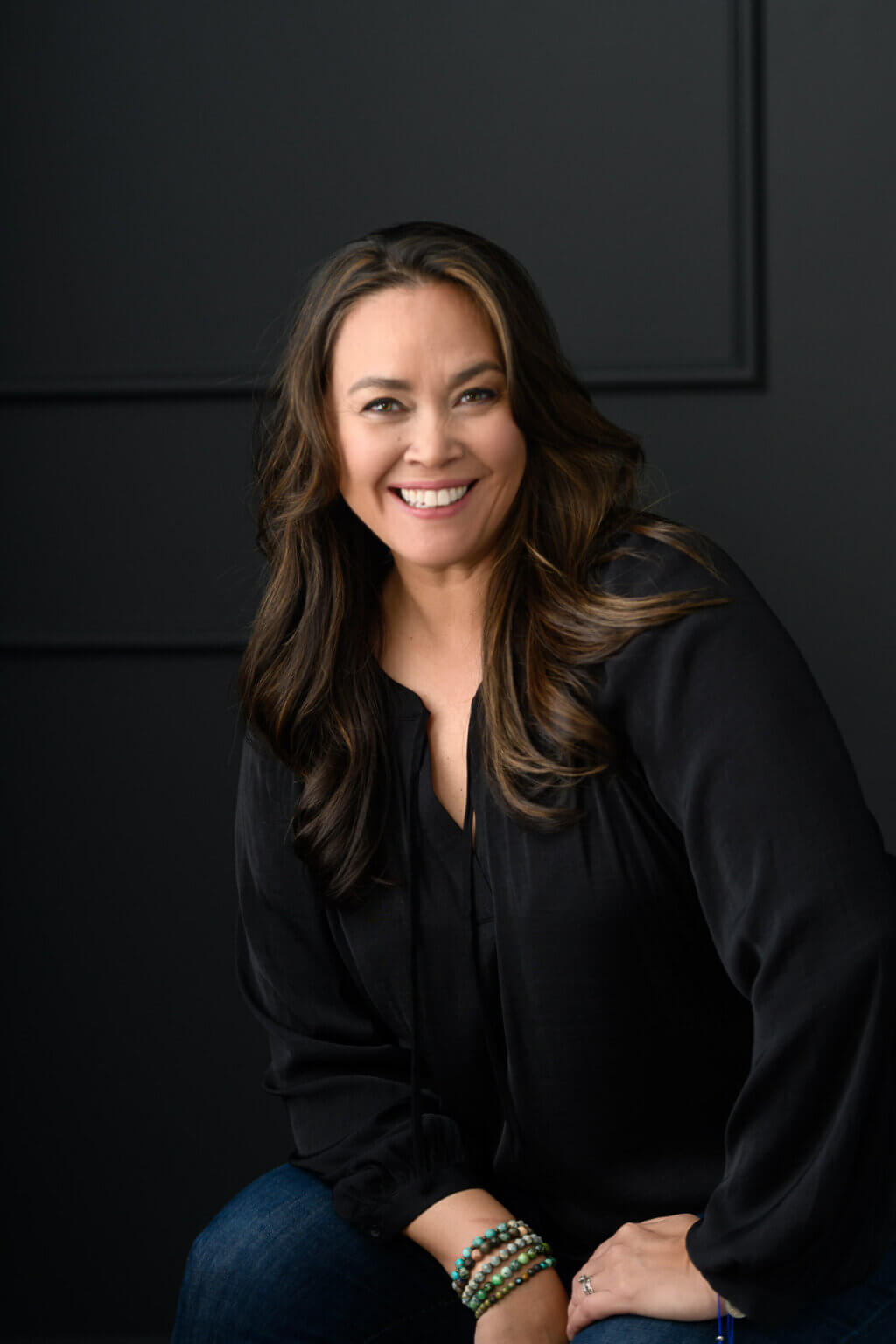
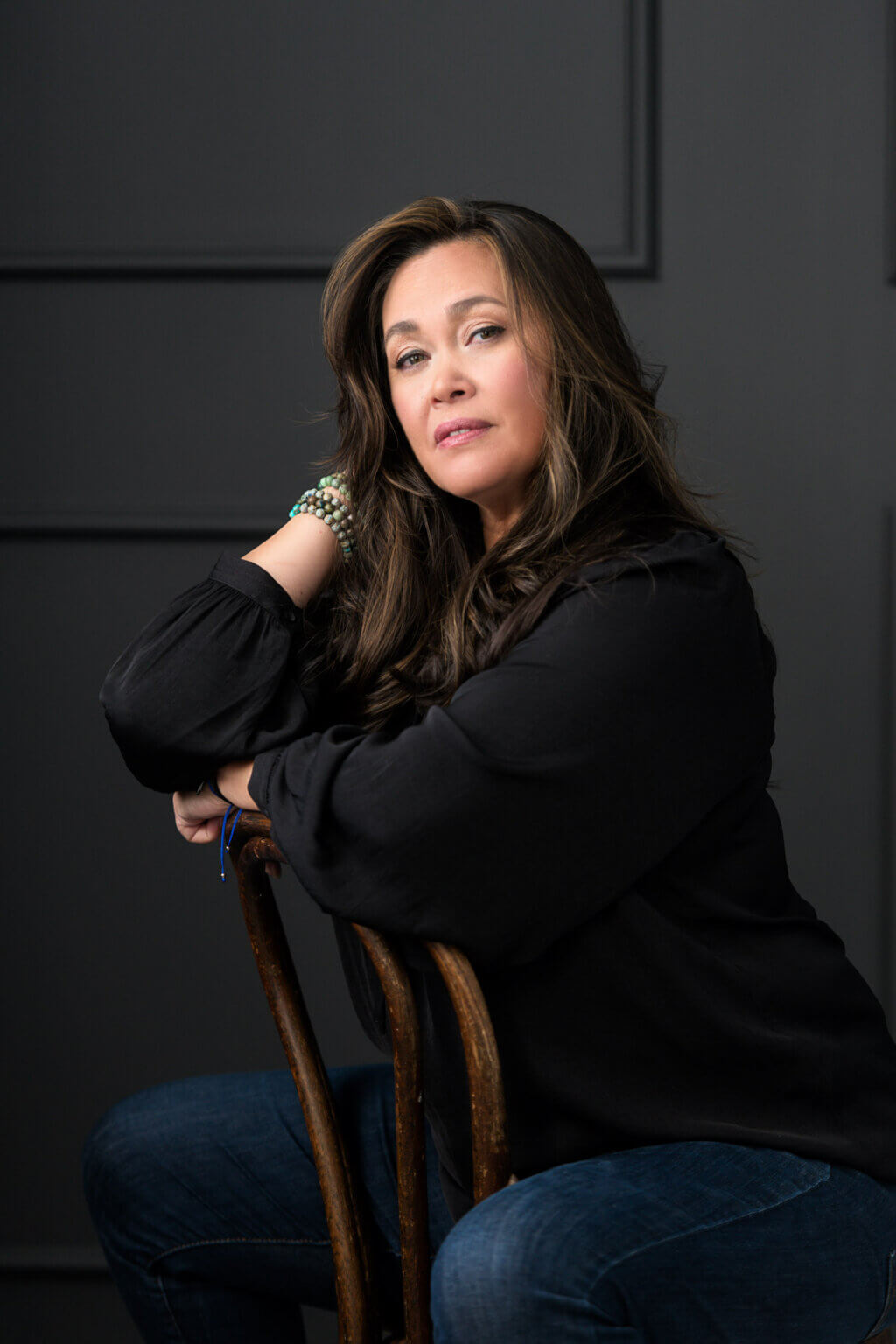
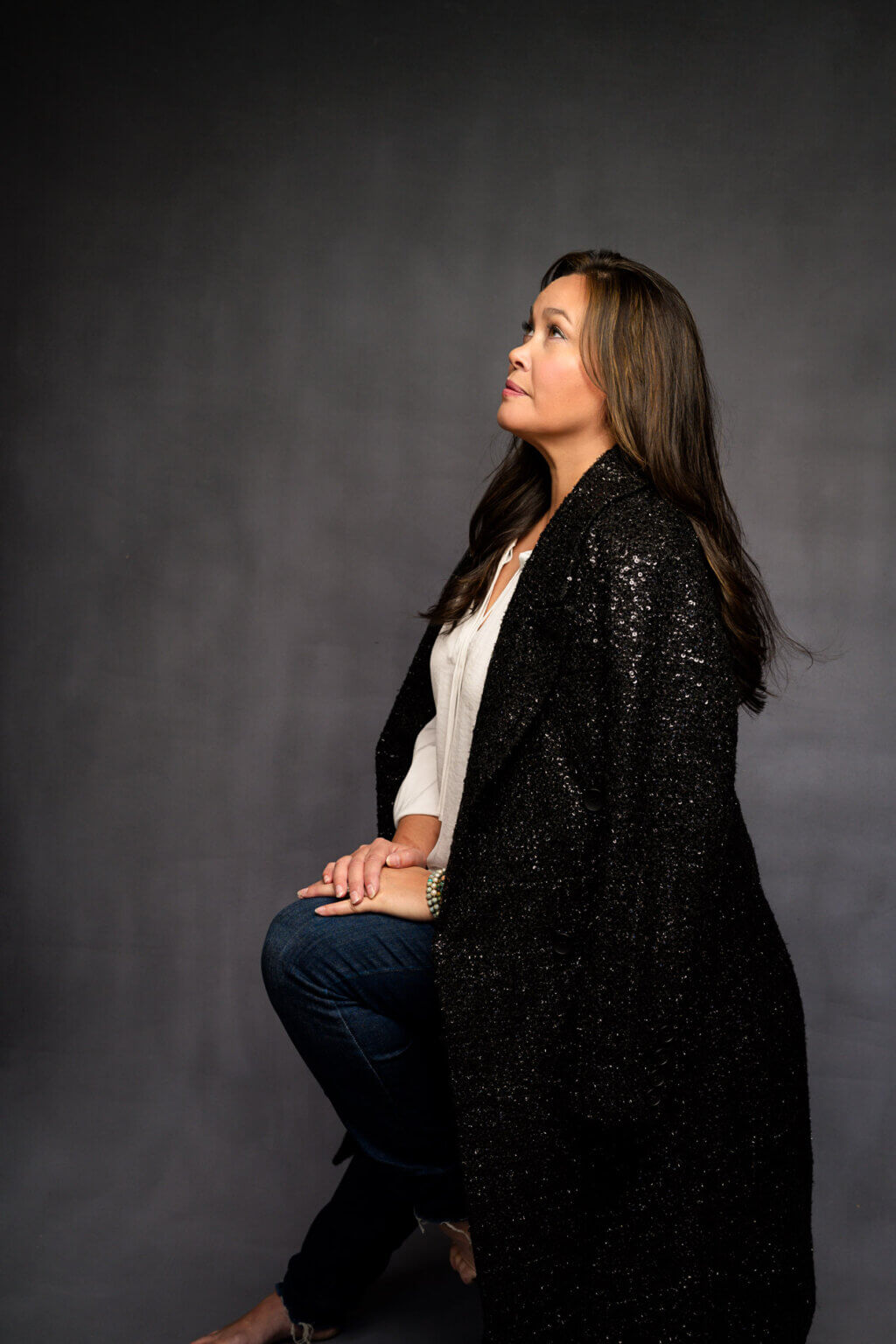
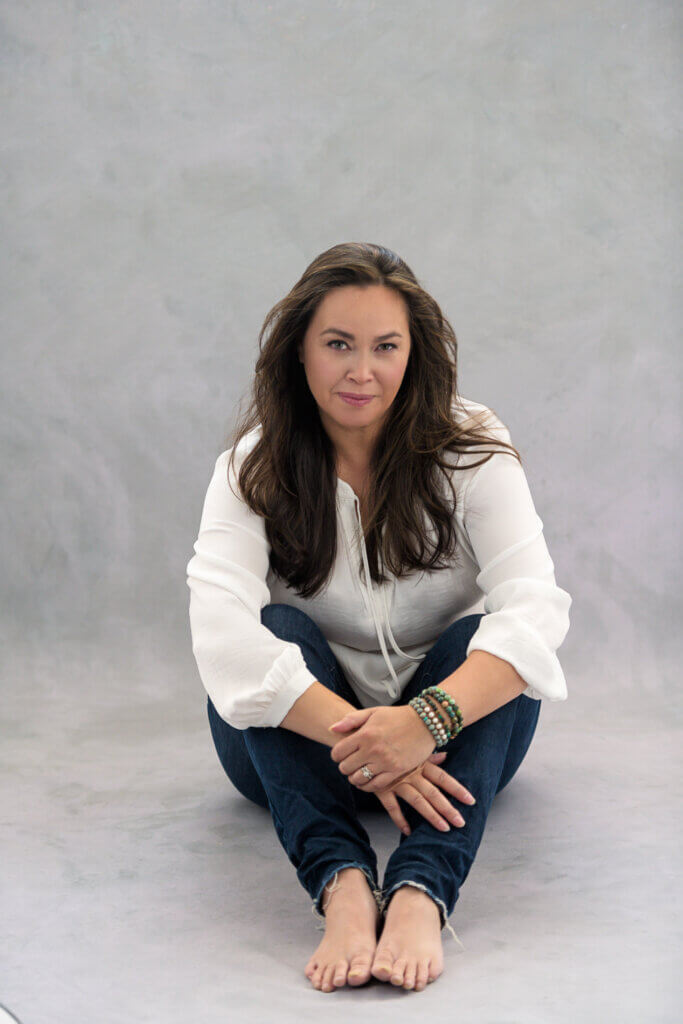
























 Kisses for the baby… I wonder whether Ella will have a baby sister or brother to play with…..
Kisses for the baby… I wonder whether Ella will have a baby sister or brother to play with…..



























































